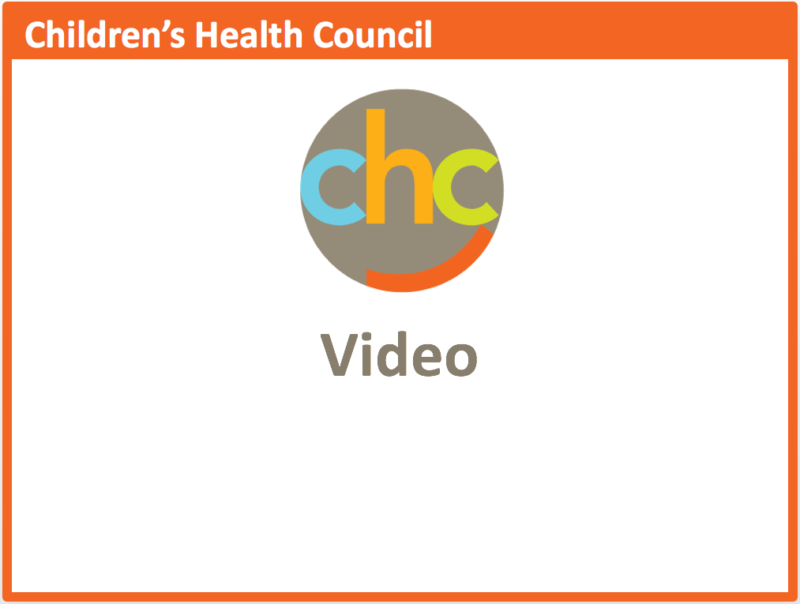
Choosing the Right Preschool: Montessori
This video provides information about the Montessori method, founded by Maria Montessori in Italy in the early 1900s. The Montessori method focuses on skills, self-motivation, and independence within limits. Read more >>



